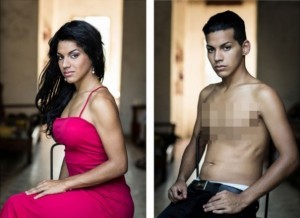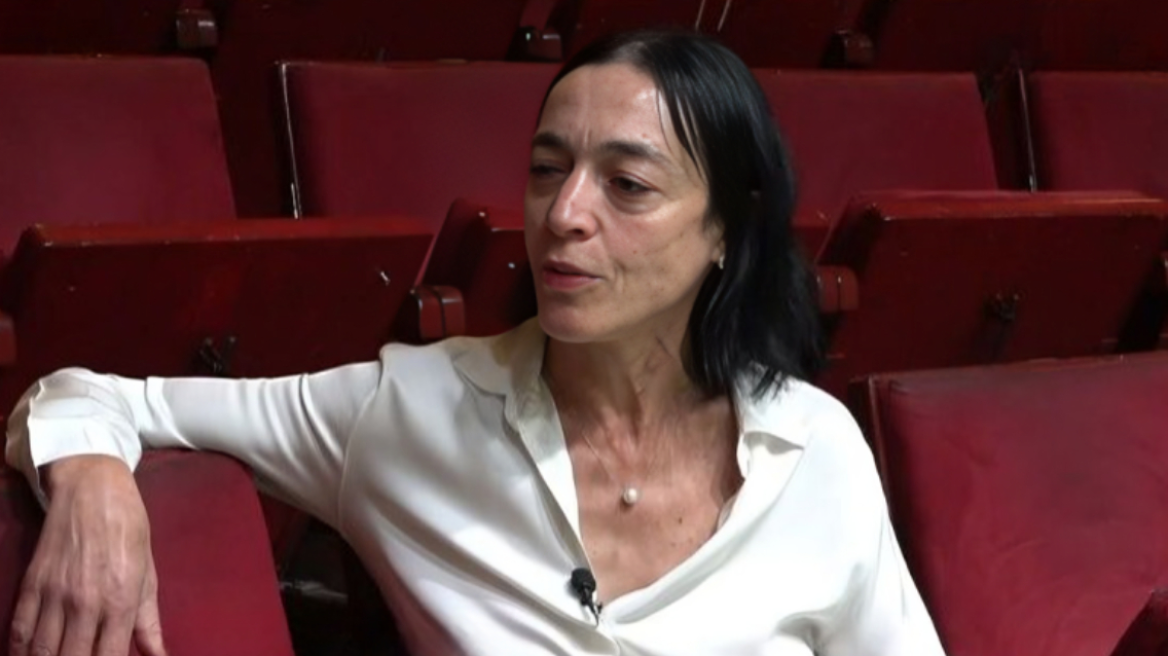A five-year-old Australian child born genetically male will be able to grow up as a female following a family court’s ruling to permit her sex-change surgery.
As Family Court documents show, the little girl identifies herself as a girl even though she does not have female reproductive organs.
The request made by Carla’s parents to have her male gonads removed was approved by court.
According to Carla’s parents, she was born with female-appearing genitalia and displayed “stereotypically female” behavior, such as a preference for female toys, clothes and activities. Also, they said that she did not like being referred to as a male.
Those born with a mix of male and female sexual characteristics are considered to have a disorder or difference of sex development (DSD), that is also referred to as intersex. DSD cases can be treated with hormone therapy, psychological support and – sometimes – surgery.
Medical experts involved in the case testified that surgery would eliminate the risk of Carla developing tumors, though they also said there was no guarantee of future fertility. While the court ruled that the parents did not require permission for the surgery, it recommended that Carla undergo intersex surgery before reaching puberty.
“I consider the proposed medical treatment ‘therapeutic’ as being necessary to appropriately and proportionately treat a genetic bodily malfunction that, untreated, poses real and not insubstantial risks to the child’s physical and emotional health,” said Family Court Judge Colin Forrest in his ruling.
While the court made its ruling in January, the decision was not made available to the public until recently, according to the Australian press.
Still, some intersex campaigners have challenged the ethical basis of irreversible surgery, arguing that gender identity is complex. They believe that children should be allowed to decide their sexual identity for themselves, but only when they are older.
One such advocate, Morgan Carpenter, said that medical and legal professionals tend to view variations in sexual development as disorders that require correction, but argued instead that “We need clinicians to consult the community to develop non-surgical options.”
Source: BBC
Ask me anything
Explore related questions





